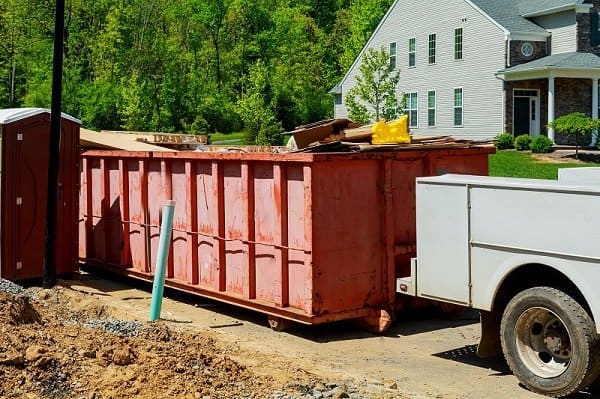Choosing the right compactor rental for your waste management or construction project can often be more complex than it initially appears. This ultimate guide aims to help streamline the decision-making process by detailing key factors to consider before making your rental choice. Whether you’re dealing with large volumes of commercial waste or compacting materials at a construction site, understanding these aspects can save you time, money, and effort.
In this blog post, we’ll cover the fundamental elements of selecting a compactor rental that aligns perfectly with your specific needs. Keep in mind that opting for the right type of compactor not only optimizes your operational efficiency but also significantly impacts your project’s overall success and sustainability footprint.
Type and Size of Compactor
One of the first considerations when selecting a compactor is identifying the most suitable type and size for your project. Compactors come in various forms including trash compactors, soil compactors, plate compactors, and more, each serving a distinct purpose. For example, Trusted Trash Compactor Services in Oklahoma City can assist in finding the right model that meets the specific requirements of managing large volumes of waste efficiently. Selecting the optimal size and type of compactor ensures not only effective operation but also cost efficiency.
Assessing the scale of your project and the material types you plan to compact (such as soil, garbage, asphalt etc.) will guide you to an appropriate machine. Under-sizing or oversizing can lead to increased costs or inadequate performance respectively.
Rental Duration and Flexibility
The length of time you need the compactor plays a significant role in your selection process. Many rental companies offer different terms that can range from daily, weekly, monthly to even longer-term rentals. Understanding how long you need the equipment will help you negotiate better terms and prevent overpaying for unnecessary extension periods.
Additionally, it’s wise to inquire about flexibility options such as extending the rental period or early returns without heavy penalties. This flexibility can be crucial if project timelines unexpectedly change, giving you room to maneuver without financial drawbacks.
Cost Considerations
Budget often dictates many rental decisions, so understanding all associated costs upfront is critical. Besides the base rental rate, consider additional fees like delivery charges, setup fees, maintenance expenses, or environmental surcharges. Getting a comprehensive cost breakdown helps in comparing different service providers effectively and managing your budget efficiently.
Don’t forget to inquire about possible discounts for longer rentals or repeat business which can provide significant savings over the duration of your project.
Service and Maintenance Support
Maintenance support is another vital factor to consider when renting compactors. Effective machine maintenance ensures that the equipment operates at peak efficiency and avoids any downtime which might delay your project timeline. Opt for rental companies that offer robust customer service and timely on-site maintenance support.
Inquire about their response times in case an issue arises, whether there are additional costs for service calls, and how quickly they can deliver replacement parts or units if necessary.
Sustainability and Waste Management Practices
Last but not least, consider how your compactor rental aligns with sustainability goals and proper waste management practices. Efficient compactors reduce waste volume drastically, translating to fewer trips to disposal sites and lowered emissions. Check for modern machines that adhere to environmental standards such as reduced energy consumption and lower emissions.
If sustainability is a core aspect of your project’s vision or corporate responsibility, find a rental service that supports these values by offering state-of-the-art equipment that minimizes carbon footprints.
To finalize, choosing the right compactor involves careful consideration of multiple factors including the type of compactor needed, cost implications, maintenance support from the provider, and their commitment to sustainable practices. By thoroughly assessing each of these elements based on your specific requirements, you ensure not only efficient operations but also responsible management of resources in line with environmental prerogatives.
We hope this guide empowers you with all the necessary information needed to make an informed decision in selecting an appropriate compactor rental suited exactly for your needs. Remember always to weigh efficiency against sustainability to get the best out of both worlds!

